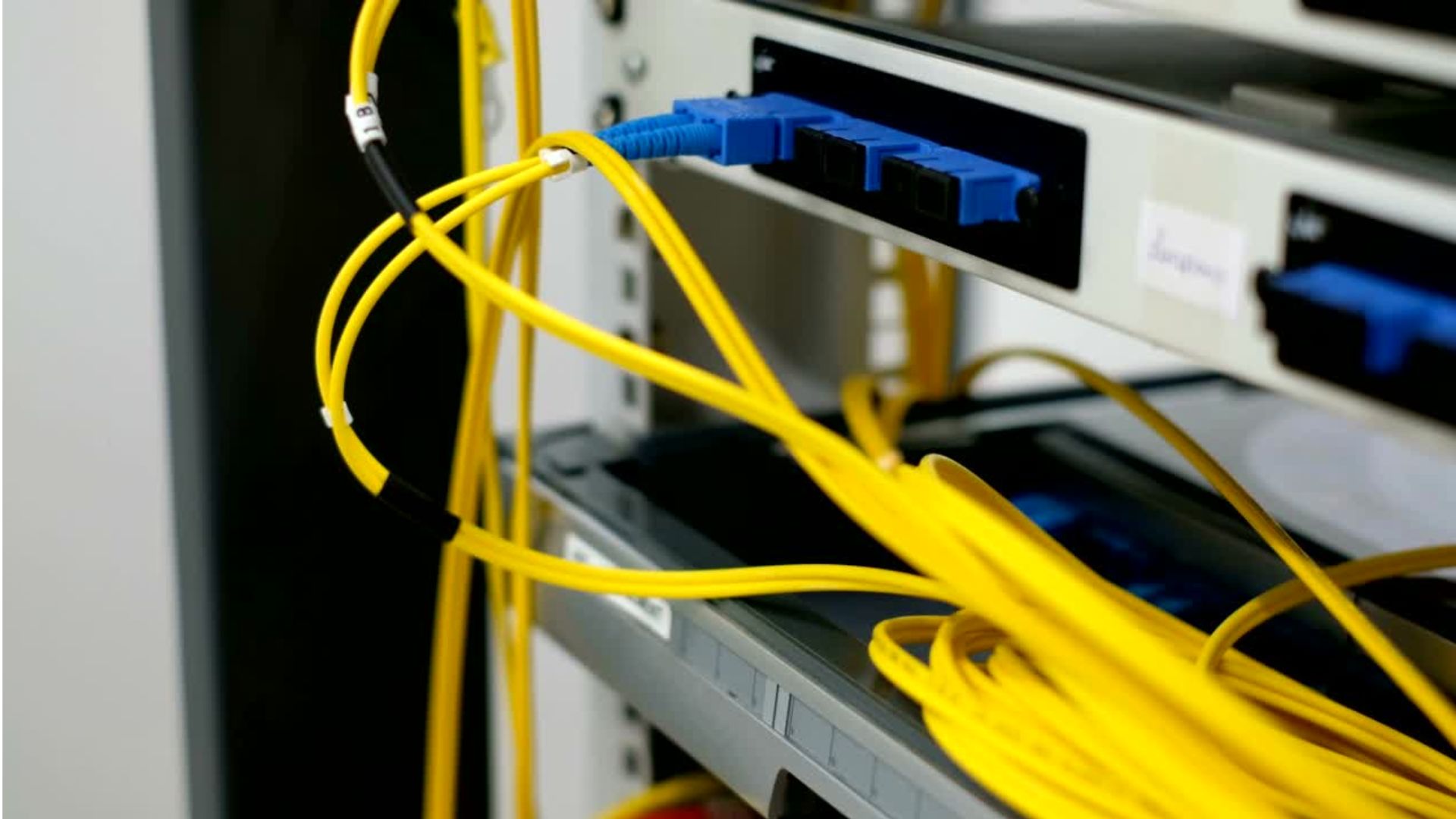How Cable Internet Competes in the Era of Fiber and Satellite Connectivity
Category : Business Fibre | Sub Category : Business Fibre Posted on 2025-04-28 13:50:23

The need for dependable,
fast internet services has increased dramatically in the digital age, and
several technologies are vying for customers' attention. Even as fiber optics
and satellite communications become more popular, cable internet remains a major
player in this market. Although every technology has its advantages, cable
internet has proven resilient by utilizing its vast infrastructure,
flexibility, and affordability.
Relying on coaxial cable
networks that were first created for television transmission, cable internet
has undergone significant innovation to stay viable. Fiber-like gigabit speeds
may now be offered by cable companies thanks to technologies like DOCSIS (Data
Over Cable Service Interface Specification). Due to these developments, cable
networks now have an advantage in terms of cost-effectiveness and scalability
as they can use their current infrastructure to deliver high-speed internet
without having to undergo costly renovations.
Cable internet providers
frequently compete on price and bundled services in urban and suburban regions
where cable networks are already widely available. Customers looking for cost
and convenience are drawn to the tempting bundles that many providers provide
that mix phone, television, and internet services. Additionally, cable
internet's dependability guarantees its continuing significance in the market,
particularly in regions with limited fiber rollout.
But the emergence of
fiber-optic internet presents a significant obstacle. Fiber technology is the
best option for demanding applications like 4K streaming, cloud gaming, and
remote work since it offers faster speeds and reduced latency. In response, cable
companies are modernizing their networks to enable symmetrical upload and
download speeds—a capability that fiber used to dominate. In a market that is
becoming more and more focused on fiber, these improvements help cable
companies remain competitive.
Another rival is
satellite connection, particularly with the rise of low-Earth orbit satellites.
For underprivileged populations, satellite internet is an appealing alternative
since it may reach isolated and rural locations where cable and fiber are not
accessible. But in areas where its infrastructure is already in place, cable
internet continues to have an edge over satellite options, which can be more
costly and prone to latency problems, by providing faster and more reliable
service at a cheaper cost.
In the future, cable
internet companies will need to keep coming up with new ideas to stay
competitive. It will be crucial to make investments in network improvements,
aggressive pricing plans, and customer-focused methodologies. The allure of
cable internet might also be increased by working with cutting-edge
technologies like edge computing and smart home integration.
In conclusion, cable
internet is still a strong and flexible participant in the broadband industry,
despite fierce competition from fiber and satellite access. Cable internet
providers may continue to satisfy the needs of contemporary consumers and secure
their position in the future of connectivity by utilizing their current
infrastructure and embracing technological improvements.
Visit our website https://www.nextgwireless.net
#CableInternet
#SatelliteConnectivity #Internet #NextelleWireless
Search
Categories
Recent News
- Smartphone Technical Features: Enhancing the User Experience
- Smartphone Technical Features: Enhancing the User Experience
- Google Android Software: Powering the Mobile Revolution
- The Future of Apple Operating System
- Cameras in Smartphones
- Emerging 5G Networks and Their Significance
- Smart Phones and Society
- 3G, 4G, and 5G Wireless: An Evolution in Connectivity